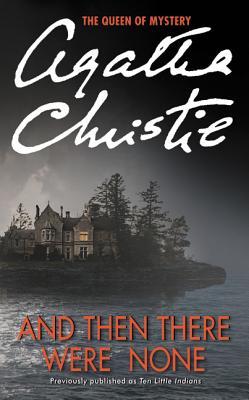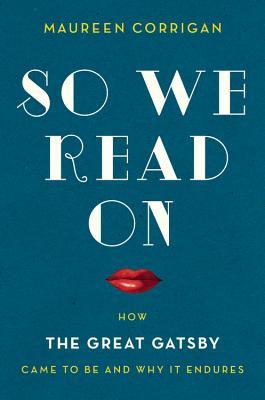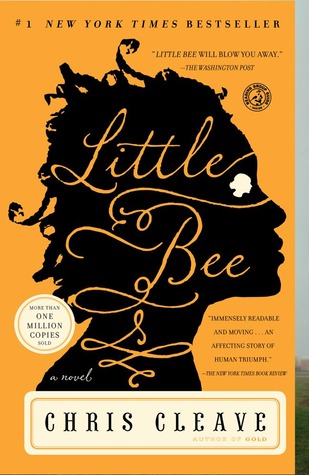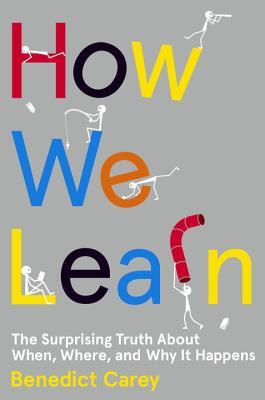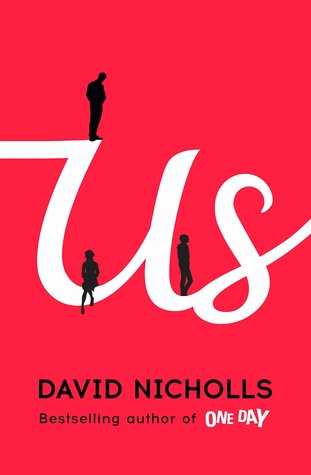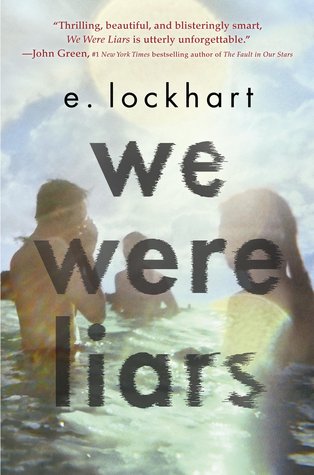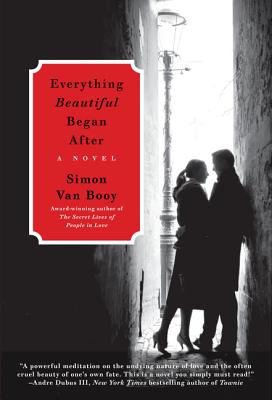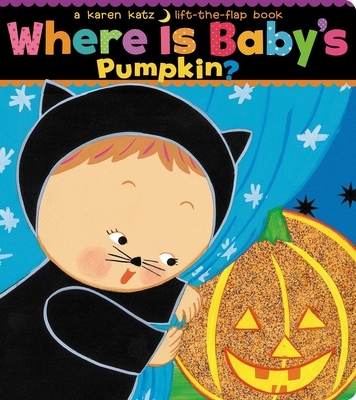
Hey everybody! Did you have a great Thanksgiving weekend?
I am so happy I got to see all of my sisters this weekend before they head back to their fabulous lives. We had Thanksgiving dinner together and then spent Saturday afternoon together decorating the Christmas tree at our parent's house.
 |
| We really like each other. Promise. |
The reading has been good this week. I ended up deviating from my plan a bit because a book from Netgalley was about to be archived. I love Jason Mott's books so far, so I was happy to power through The Wonder of All Things in just a few days.
But while the reading is good, the blogging part seems to be falling to the wayside. I have seven reviews to catch up on. Please send help. What do you all do when you hit a book reviewing slump?
Read This Week:

By Ha Jin

By Jason Mott
Posts from this Past Week:
Review of The Book of Strange New Things
Reading Now:
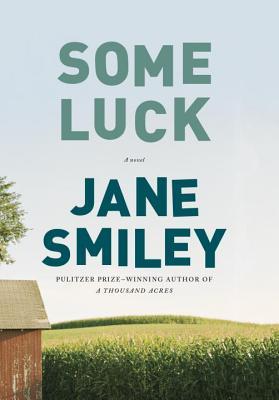
By Jane Smiley
Up Next:

By Charlie Lovett
What are you reading this week?

